Explore the fabled Silk Road as you journey through Central Asia’s Five ’Stans: Turkmenistan, Uzbekistan, Tajikistan, Kyrgyzstan, and Kazakhstan.
The Silk Road: A Journey to Central Asia
Featuring the Five “Stans” of Turkmenistan, Uzbekistan, Tajikistan, Kyrgyzstan, and Kazakhstan
17 days from $8,795
Explore the fabled Silk Road as you journey through Central Asia’s Five ’Stans: Turkmenistan, Uzbekistan, Tajikistan, Kyrgyzstan, and Kazakhstan.
Tour Details
TOUR BROCHURE
brochureWHAT OUR TRAVELERS SAY
- Bechir R.A fascinating tour in a fascinating world. Don't miss it.
- Adrienne D.Our trip to the Silk Road cities of days of yore was a fascinating journey into the past. Ancient cities like Bukhara and Samarkand took on a modern cast after our fabulous Smithsonian trip there.
- Janice S.Central Asia with Smithsonian Journeys was an eye-opening experience to a little-known part of the world. One of the most memorable trips I have ever taken.
- Laura G.Our trip to the Five Stans with Smithsonian Journeys was extraordinary. Exploring the Silk Road fulfilled a lifelong dream—particularly Samarkand with some of the most magnificent Islamic architecture on the planet.
JOURNEYS DISPATCHES
Experts
/https://tf-cmsv2-journeys-media.s3.amazonaws.com/journeys/expert/BarryTill.jpg)
Barry Till
Barry Till is a Curator Emeritus of Asian art at the Art Gallery of Greater Victoria in Canada. With a wide-ranging knowledge of Asia's history, archaeology, and cultures, Barry has travelled extensively and lectured on numerous expeditions—including trips to China, Japan, Vietnam, Cambodia, and Myanmar—for more than thirty years. He has published more than 100 exhibition catalogues (including The Buddhist Arts of Asia), books, and articles on various Asian art topics, and is an enthusiastic and engaging speaker. In 2008, Barry received the Distinguished Service Award from the Canadian Museums Association. He speaks Chinese, holds degrees in Far Eastern Studies, and studied at Oxford and at Nanjing University in China.
/https://tf-cmsv2-journeys-media.s3.amazonaws.com/journeys/expert/Eikenberry_Karl_2023_new.jpeg)
Karl Eikenberry
Karl Eikenberry served as U.S. Ambassador to Afghanistan from 2009–2011 and is a decorated retired Lieutenant General with more than 35 years in the U.S. Army. While in uniform, Karl held senior political-military posts in Europe and Asia before serving as Commander of the American-led Coalition forces in Afghanistan. He holds master’s degrees from Stanford and Harvard, as well as an advanced degree in Chinese history from China’s Nanjing University. He was a National Security Fellow at the Kennedy School of Government at Harvard, taught at Stanford, and lived in Riyadh advising on Saudi Arabia's defense transformation. Karl serves on numerous boards, including The Asia Foundation and the National Committee on American Foreign Policy, and is a member of the Council on Foreign Relations and the American Academy of Diplomacy. He is currently a Distinguished Fellow at the Stimson Center in Washington, D.C.; a faculty member at Schwarzman College at Tsinghua University in Beijing; and a senior advisor to the United States Institute for Peace. His articles and essays on U.S. and international security issues have appeared in Foreign Affairs, The New York Times, The Washington Post, Foreign Policy, and elsewhere.
/https://tf-cmsv2-journeys-media.s3.amazonaws.com/journeys/expert/Spratlen_Pamela.jpg)
Pamela Spratlen
Pamela L. Spratlen is a diplomat, public speaker, and consultant following a 30-year career with the U.S. State Department. In the Senior Foreign Service, she served twice as U.S. Ambassador in the Kyrgyz Republic (2011-14) and Uzbekistan (2015-18). In other tours she worked and traveled throughout Central Asia.
As Ambassador, Pamela worked tirelessly to highlight the importance of Central Asia in the USA and to improve relations with the five countries of the region. She helped countries save architectural treasures though the Ambassador’s Fund for Cultural Preservation. She brought U.S. musical groups to perform in parts of Central Asia that had not seen American talent for years and helped talented Central Asian artists travel to the USA. Pamela traveled to Karakalpak’stan to showcase the tragedy of the depletion of the Aral Sea. At the end of her tenure, the president of Uzbekistan presented her with the Order of Dostlik (Friendship) to express appreciation for her contributions to bilateral relations. Earlier tours included stints in Moscow, Vladivostok, Paris, Guatemala, Hawaii and Washington, DC.
Pamela now supports diplomacy and development through service on the boards of the American Academy of Diplomacy and the Eurasia Foundation. She is a member of the Una Chapman Cox Policy Committee.
Pamela graduated from Wellesley College and received master’s degrees from the University of California at Berkeley, Goldman School of Public Policy, and the Army War College. She looks forward to sharing her passion for Central Asia with the Smithsonian Journeys tours.
/https://tf-cmsv2-journeys-media.s3.amazonaws.com/journeys/expert/Adam_Tanner_headshot.jpg)
Adam Tanner
Writer and lecturer Adam Tanner spent many years as a foreign correspondent for Reuters news agency, including as Balkans bureau chief; San Francisco bureau chief; and correspondent in Germany, Moscow, and Washington D.C. He has long studied colonialism, economic engagement, and globalization, with a particular interest in the enduring impact of Europe on Asia, Latin America, and Africa. He has appeared on CNN, MSNBC, Bloomberg TV, NPR, and the BBC, and written for publications such as Scientific America, Forbes, Fortune, Time, and Frommer’s guidebooks.
Adam is an associate at the Institute for Quantitative Social Science (IQSS) at Harvard University, where began as a fellow at the Nieman Foundation in 2011. He has written two books on privacy and commerce: Our Bodies, Our Data and What Stays in Vegas.
/https://tf-cmsv2-journeys-media.s3.amazonaws.com/journeys/expert/Swart_Paula_2020.jpg)
Paula Swart
Paula Swart is an art historian with expertise in Asian art, culture, and history, and has spent most of her professional life as a curator of Asian Studies. She is a lecturer in the Continuing Education Departments of the University of British Columbia where she has taught a series of courses related to UNESCO World Heritage. Paula holds degrees in Sinology, Asian art history, Chinese history, and archaeology, having spent two years studying in China. She speaks five languages, including Mandarin, and has published several books and numerous articles on the art and architecture of Asian cultures. A frequent contributor to the Arts of Asia magazine, which published “Visual Perspectives: A Mirror of Events in The Live of the Last Shogun” and her most recent article “Kabuki Idols: The Star Power of the Ichikawa Danjuro Lineage” published in the 2023 Spring issue of Arts of Asia, discusses the popular Kabuki theatre tradition of Japan.
Paula has enjoyed introducing visitors to Asian culture and history for more than 30 years, having participated in well over 70 expeditions by train, ship or private jet.

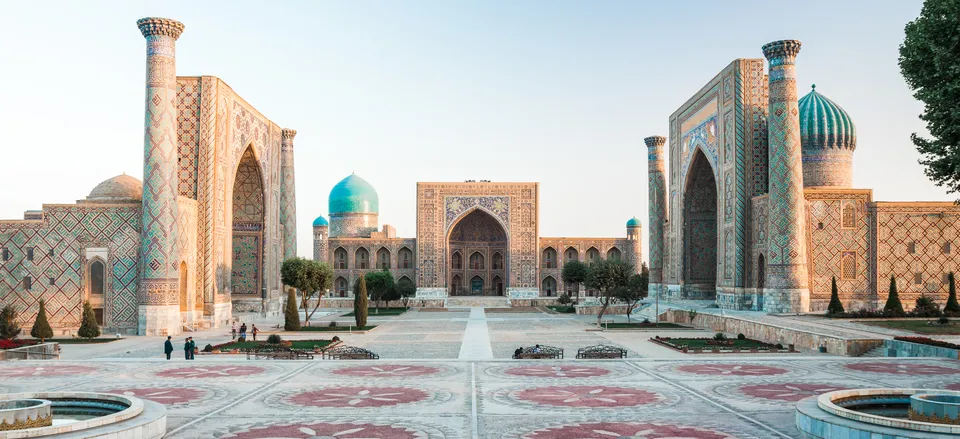
/https://tf-cmsv2-journeys-media.s3.amazonaws.com/filer/9f/8f/9f8f8db2-f295-4a60-a072-becd5d5b4a08/uzb_samarkand_dt_l_20122487.jpg)
/https://tf-cmsv2-journeys-media.s3.amazonaws.com/filer/a8/51/a8518d38-8428-45eb-8982-36902c4ac1e3/uzb_samarkand_sherdormadrasah_dt_l_24108442.jpg)
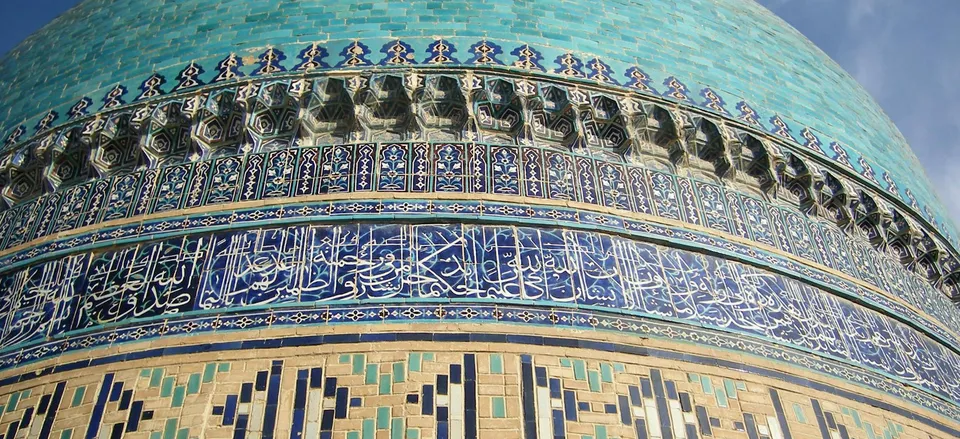
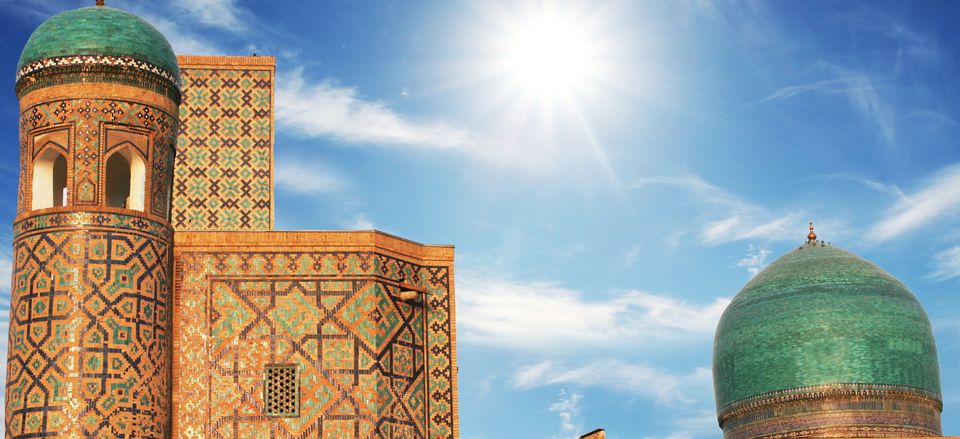
/https://tf-cmsv2-journeys-media.s3.amazonaws.com/filer/5a/a4/5aa45cb1-be53-42d2-973a-b6a68ff89be9/uzb_samarkand_shahizinda_dt_l_45723845.jpg)
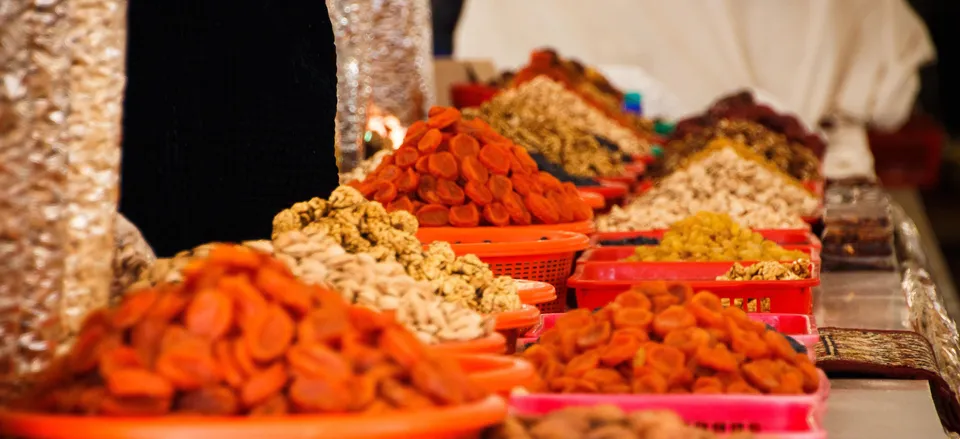
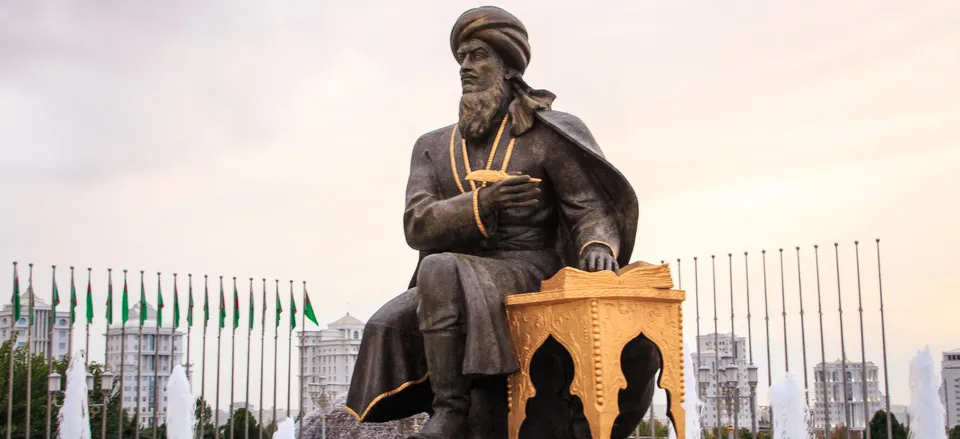
/https://tf-cmsv2-journeys-media.s3.amazonaws.com/filer/25/42/25427815-425b-472b-8480-1b4858d15f19/img_2163.jpg)
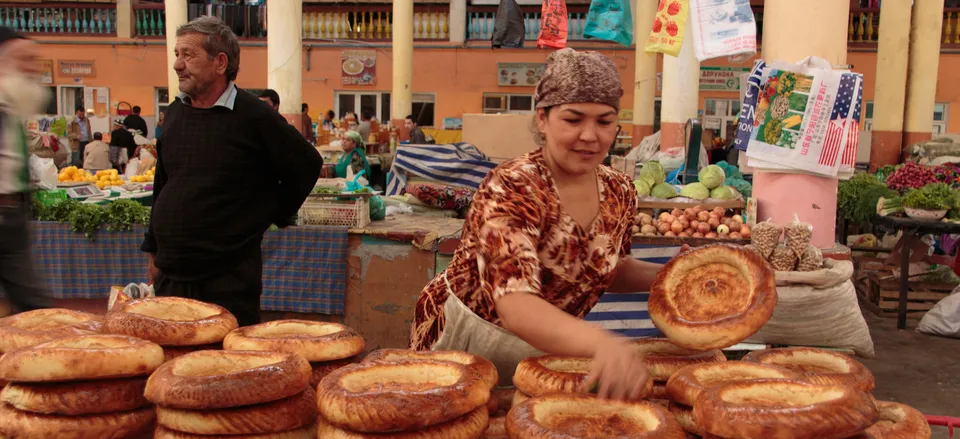
/https://tf-cmsv2-journeys-media.s3.amazonaws.com/filer_public/06/1e/061ed1d8-6063-4840-bf46-edee81e475d1/taj_penjikent_city_panorama_dt_xxl_72596220.jpg)

/https://tf-cmsv2-journeys-media.s3.amazonaws.com/filer/f6/7f/f67fe4d0-d290-4fde-9199-42684ca9d854/photo_01-05-13_05_53_53.jpg)
/https://tf-cmsv2-journeys-media.s3.amazonaws.com/filer/28/c7/28c74c7d-517e-4688-87ff-3ba09d6c7d0b/kzh_people_falconry_ss_236742334.jpg)
:focal(1898x1529:1899x1530)/https://tf-cmsv2-journeys-media.s3.amazonaws.com/filer/8c/fb/8cfbbd45-6644-4422-847e-78b65a7b6696/vtn_halongbay_kayak_ist_636159364_copy.jpg)
:focal(1862x866:1863x867)/https://tf-cmsv2-journeys-media.s3.amazonaws.com/filer/b0/f2/b0f22f8d-b9f9-4547-a487-af8ce051b042/vtn_halongbay_dt_xl_19243472.jpg)
:focal(1346x782:1347x783)/https://tf-cmsv2-journeys-media.s3.amazonaws.com/filer/06/04/06044a14-7b7e-4468-a612-f244eb63b4bd/tha_bangkok_watphotemple_dt_l_60638025.jpg)
:focal(1657x1199:1658x1200)/https://tf-cmsv2-journeys-media.s3.amazonaws.com/filer/21/2d/212d5f96-80f7-4685-9fb3-b38ea1f266a1/vtn_yen_bai_terraced_field_hoang_long_ly.jpg)
:focal(1061x707:1062x708)/https://tf-cmsv2-journeys-media.s3.amazonaws.com/filer/b7/4d/b74d4fe3-119c-472f-a959-1c185d687efa/bhu_paro_taktsangmonastery_ist_856649736.jpg)
:focal(1048x433:1049x434)/https://tf-cmsv2-journeys-media.s3.amazonaws.com/filer_public/04/69/0469479d-115d-42e5-b735-d282fa04307a/ind_agra_tajmahal_morninglight_ist_124688183.jpg)